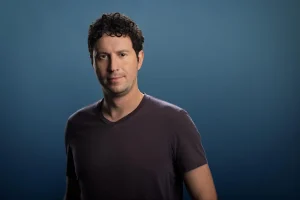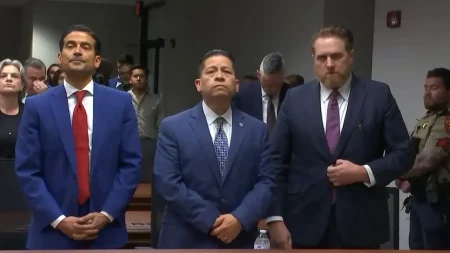Iran’s Nuclear Inspection Dilemma
In the wake of military strikes on its nuclear facilities by Israel and the United States this past June, Iran has suspended access to international inspectors. This significant development in Iran’s nuclear program oversight comes amid heightened regional tensions and represents a critical juncture in the country’s relations with Western powers. Despite this suspension, Iranian officials appear to be navigating a delicate balancing act – maintaining a hardline stance against what they perceive as foreign aggression while simultaneously working to prevent new economic sanctions that could further damage the country’s already struggling economy.
The suspension of inspections marks a departure from previous arrangements with the International Atomic Energy Agency (IAEA), which had maintained varying degrees of monitoring access even during periods of heightened tension. For many Iranian citizens, this situation reflects the complex reality they face daily – caught between their government’s strategic ambitions and the practical hardships imposed by international isolation. Ordinary Iranians have endured years of economic pressure resulting from sanctions, with impacts ranging from medicine shortages to rapid currency devaluation, making the threat of additional punitive measures particularly concerning for a population already facing significant challenges.
Iranian leadership seems to be calculating that by signaling potential openness to future inspection arrangements while currently withholding access, they can create diplomatic leverage without triggering immediate economic repercussions. This approach reflects Iran’s long-standing strategy of strategic ambiguity regarding its nuclear program – neither completely abandoning international engagement nor fully complying with Western demands. For many analysts, this represents Iran’s attempt to maintain national dignity and sovereignty while acknowledging the practical limitations imposed by its economic vulnerability and relative isolation on the global stage.
The June attacks themselves represent a significant escalation in the long-running tensions over Iran’s nuclear program. While Israeli and American officials justified the strikes as necessary preventative measures against potential weapons development, Iranian authorities have consistently maintained that their nuclear program serves exclusively peaceful purposes. This fundamental disagreement about intentions and capabilities continues to drive the conflict, with each side viewing the other’s actions through a lens of deep mistrust built over decades of antagonistic relations and competing regional interests.
For the international community, especially European nations that have attempted to maintain economic ties with Iran while balancing alliance obligations with the United States, this situation presents a challenging diplomatic puzzle. The effectiveness of sanctions as a tool to influence Iranian policy remains hotly debated, with critics pointing to their humanitarian impact and supporters arguing they represent the only non-military lever available to address nuclear proliferation concerns. The coming months will likely see intense behind-the-scenes negotiations as various stakeholders attempt to find a path forward that addresses security concerns while providing Iran with economic incentives for cooperation.
As this situation unfolds, the people of Iran continue to hope for a resolution that might ease their economic hardships while preserving national dignity. Many ordinary Iranians distinguish between support for their country’s right to technological development and the policies of specific political factions within the Islamic Republic. The nuclear issue remains intertwined with questions of national identity, economic development, and Iran’s place in the international community – making it far more complex than simply a matter of inspections and sanctions. How Iran navigates this challenge, and how Western nations respond, will have profound implications not only for regional security but for the daily lives of millions of Iranians hoping for a more stable and prosperous future.










